Why Rwanda Is The Most Inspiring Country I’ve Visited
Rwanda is a favourite from my 2018 travels so far, and it is the most inspiring country I’ve visited. To be completely honest, my renewed interest in the country was driven by what I read in the media, and the stories of a few people that visited Rwanda and shared their experiences on their blogs and/or Instagram feeds. Their stories provided the extra motivation I needed to make it to Rwanda in 2018. They were right, Rwanda is remarkable and now its my turn to share my experience.
The Welcome/Arrival:
Getting to Rwanda from the South Pacific was the longest journey of my life. 52 hours over 4 flights! As I stepped off the Rwanda air flight from Nairobi, to say that I was exhausted/cranky is an understatement. I expected to be in a queue for a while as I’ve been accustomed to in other African countries (and even beyond) but I was in for a surprise. I got through immigration (got visa on arrival too), and picked up my suitcase in ten minutes or less. This was the best welcome I could receive and boy was I thankful!
The Turnaround Story (1994 vs. 2018):
In 1994, Rwanda was one of the most broken nations in the world. The genocide brought this country to her knees in ways that are simply unimaginable by most of the world (myself included). If you don’t know what happened here’s a super brief summary (please do your own research):
Catholic-influenced education conveyed the ideology that portrayed Tutsis as a superior group. People were categorized into clans by socio-economic status. Owners of more than ten cows were Tutsis while those with less were Hutus. During the Belgian colonial Era, Belgians favoured Tutsis over Hutus and formally defined Hutus vs. Tutsis. This started tensions and Hutu genocidal propaganda spread. This exacerbated into violence post-independence. In 1994, Members of the Hutu ethnic majority (85%) murdered as many as 800,000 of the Tutsi minority. From April – July 1994 there were mass killings all over Rwanda. Hutu’s turned on and killed their friends and neighbors. People ran into churches for refuge but some priests turned them in, one Rev Father ordered the killing of his congregation of 2,000. At the end of it all, Rwanda was synonymous with lawlessness, chaos, orphans, widows, and trauma from it all! Rwanda was dead and it seemed as though evil had won.
Today, Rwanda is standing tall and is the most impressive African country I’ve visited to date and here are some of the reasons/highlights:
- You can start a business in less than 48 hours (average is 11 days in high income country)
- Rwanda has the highest representation of women in parliament (64%)
- It is one of easiest places to do business in Africa
- Governance works, there little to no corruption and its leaders are held accountable
- The people are standing up and taking their place in the future of the country. They recognize their power and responsibilities as stakeholders
- There are schemes/incentives aimed at empowering the youth in business/entrepreneurship
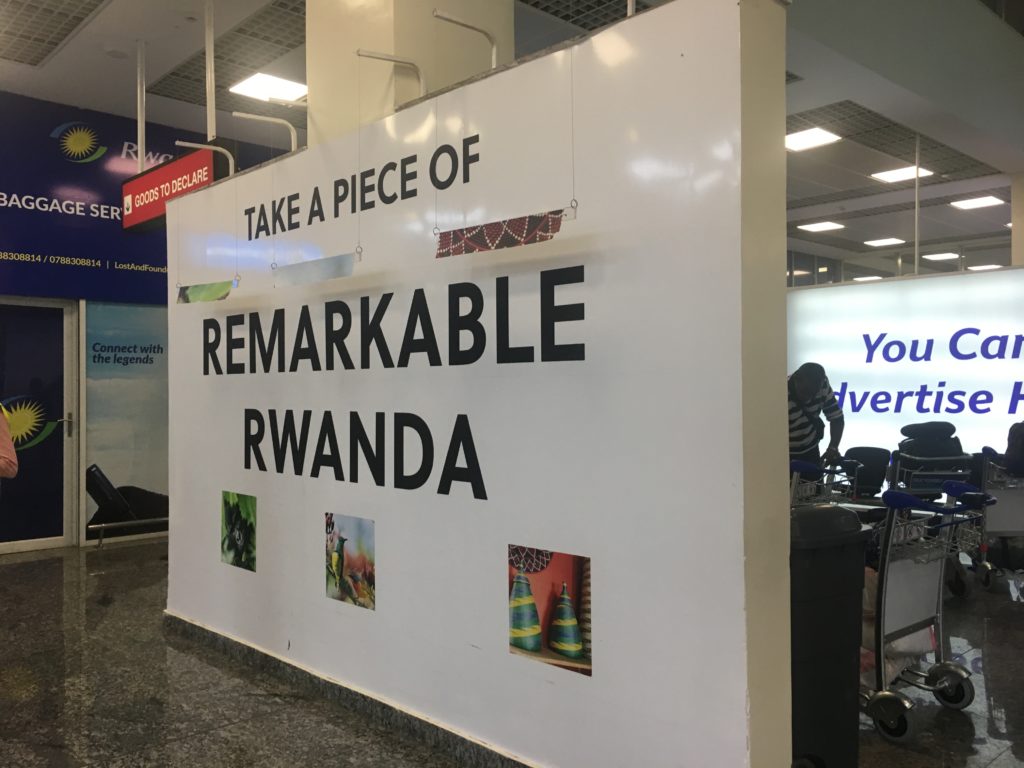
A Reminder on Why I Travel
Travel for me has always been about more than seeing amazing sights and taking pictures. In Rwanda, I was reminded that I travel to learn about the world, how people live, and love, to learn the experiences behind our different world views. I travel to be educated about the world beyond what I’ve been exposed to in my own little corner of it. I travel to challenge what I thought to be right and fair.
A Lesson in Forgiveness & Reconciliation:
Rwandese have not just raised the bar on forgiveness and reconciliation, they have shattered the whole darn thing. There has and continues to be an intentional healing/reconciliation effort for those affected by the unspeakable horrors of the genocide. Today, Rwandese do not identify as Hutu’s or Tutsis, they’re simply Rwandese. How did they get here?
Rwanda created a system that combined traditional (Gacaca courts) and modern methods, one that works for its population. Rwanda is now said to have developed the comprehensive program of post-conflict in the world. Gacaca means grass (i.e grass roots) and as of 2005 there were over 12,000 of these traditional courts where over 1.2 million cases have been tried. While there were allegations of cases of miscarriages of justice through this system, those cases were identified and revisited.
A Call to Action:
I always have lessons from my travels as a bit of a geek/analytical. However, the call to action I felt from Rwanda was a little different. I felt it from the moment I checked into my hotel and had this note on my bed:
‘Akababaje Umutima, Kazindura Amaturu’ literally translates into ‘what bothers the mind moves the legs early in the morning.’ It made me reconsider what I think and talk about versus what moves me enough to act. If I say I care about an issue, are my actions and choices reflective of that? Are yours?
The second call to action for me was from the people that risked their lives (and some lost theirs) to protect others in the face of genocide.
We always have a choice and capacity to do good and to do what is right. It isn’t often a convenient choice. Rwanda challenged me again to stand in my truth on what I know to be right in the big things and in the little things regardless of the consequences.
To Learn More About Rwanda:
- Humans of New York is doing a series on Rwanda right now, its pretty awesome how social media brings the world to our devices!
- Watch “Sometime in April” and “Out of Darkness (1998)” . Clemantine Wamariya’s “Everything is yours Everything is not yours” on Medium may help you understand what it is and was like for many survivors. (Thanks to Lorikemi for these tips)
- Of course, visit Rwanda for yourself!
- If you’re in Rwanda for a short stay, I wrote a blog post last week on how to spend 24 hours in Kigali
I cant wait to return to Rwanda. Now, over to you: what’s the most inspiring place you’ve visited, and why? Should I write more posts like this, or do you prefer lists/tips, or a combination of both? Please let me know in the comments section!
Till Next Week,
Ms. Heels
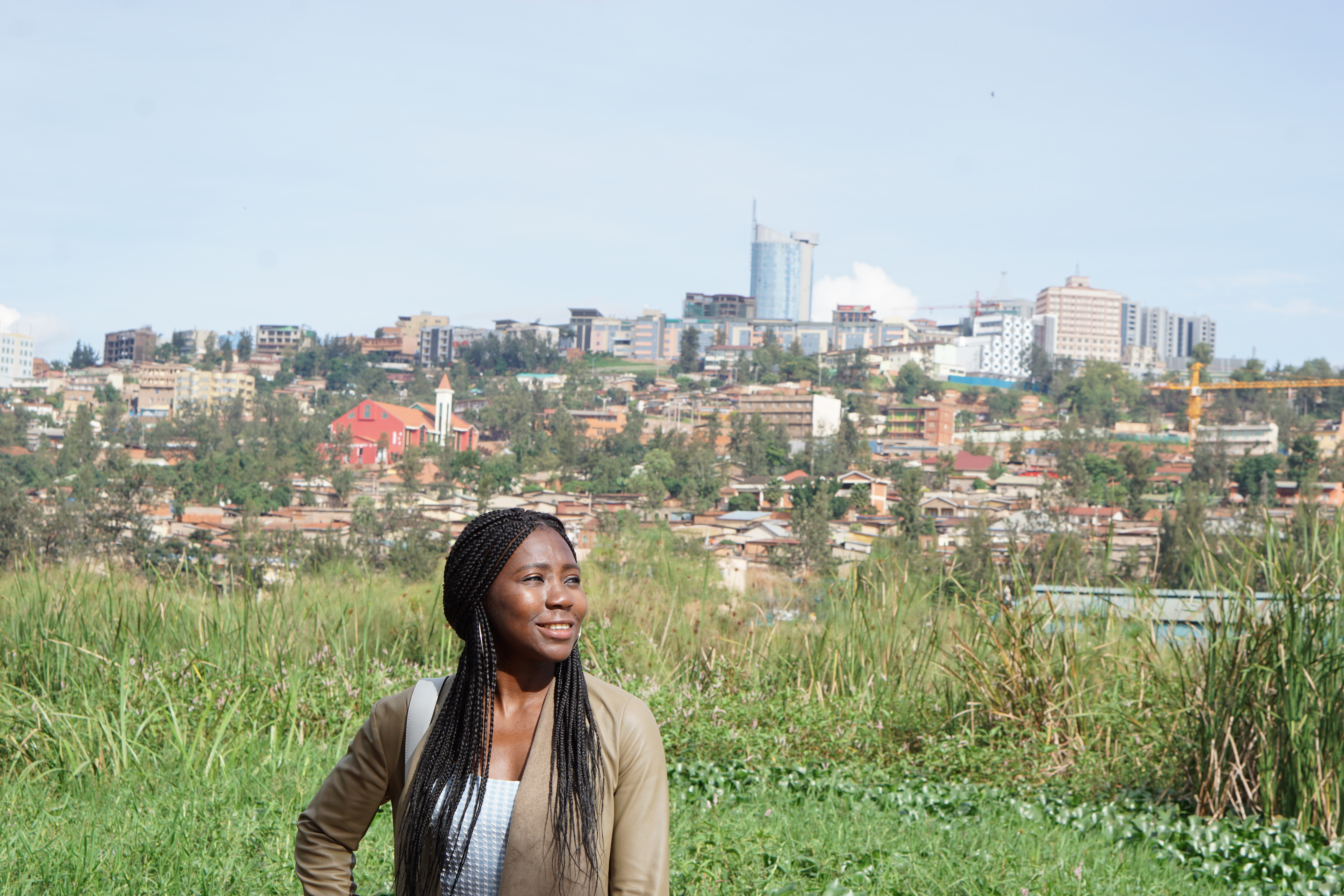
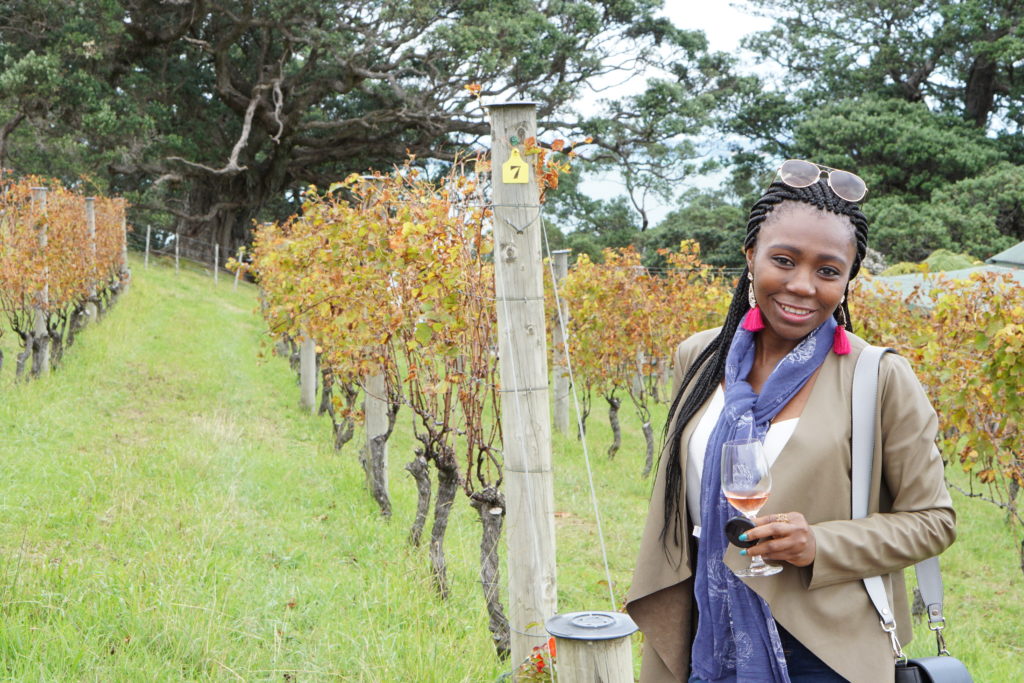
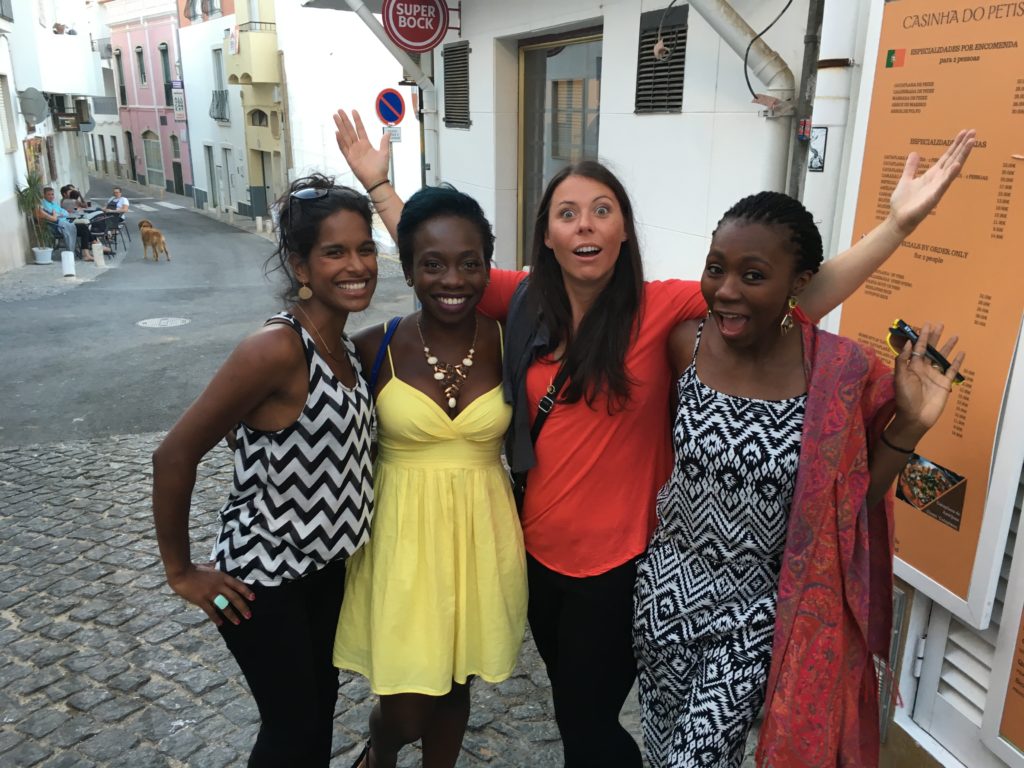
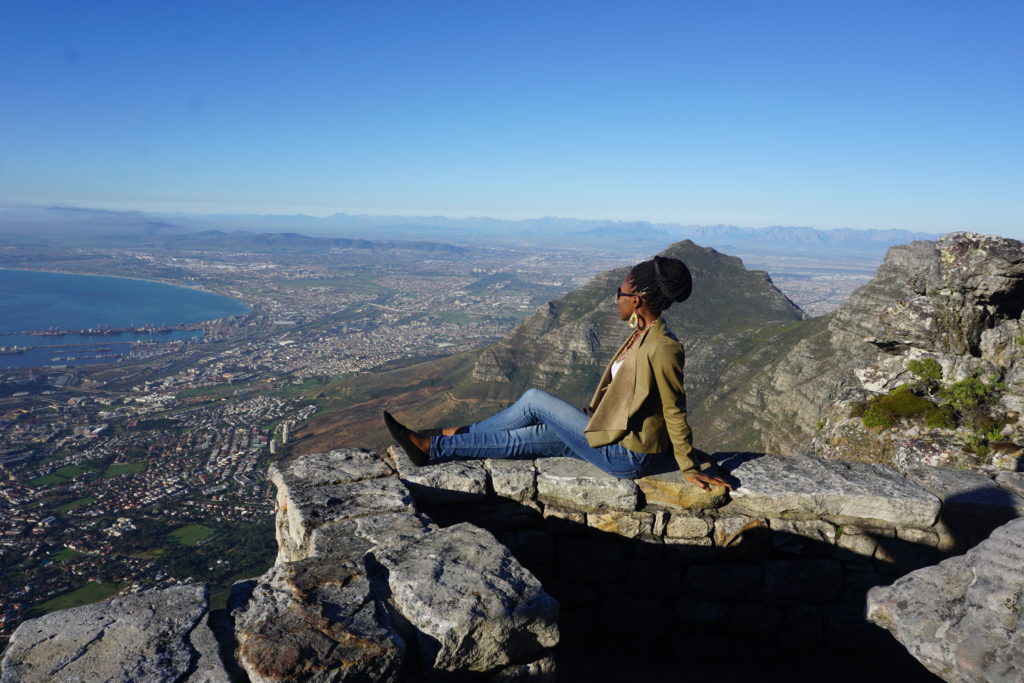
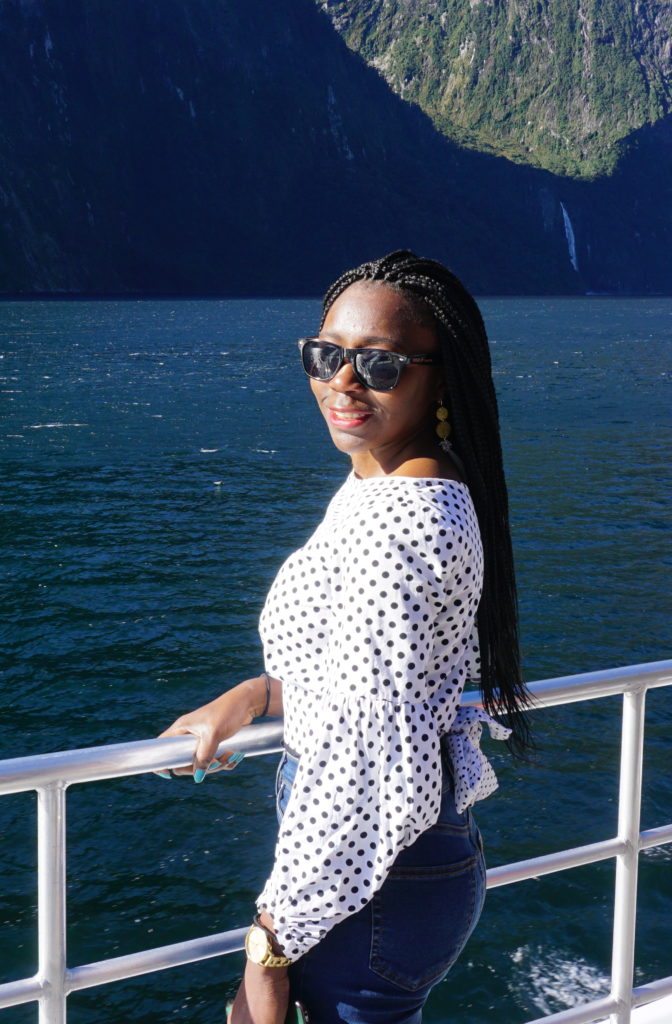
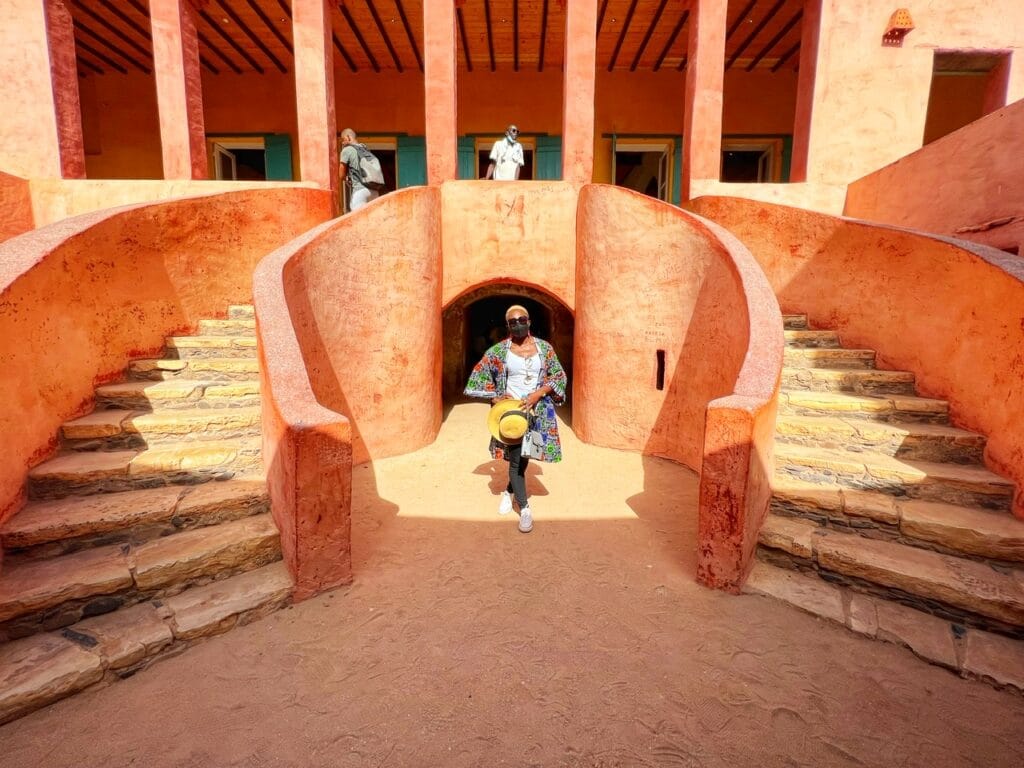
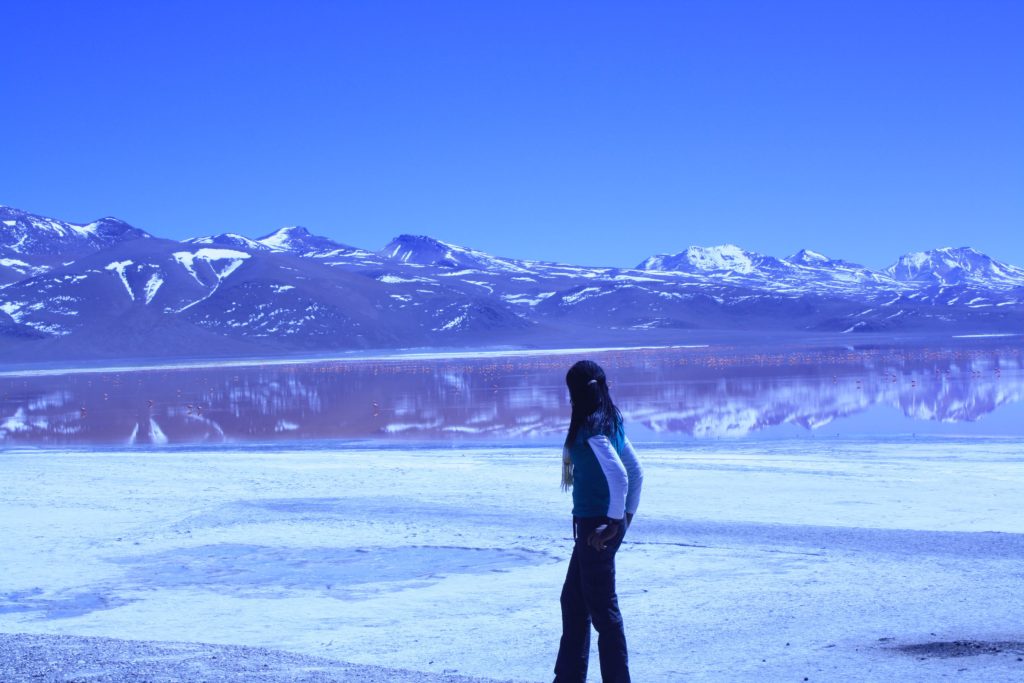
Please write more posts like this!
Yes ma’am!!
I went to Rwanda (well, Kigali) for three days last year and left with such a positive impression that I added it to the list of my top 5 fav travel destinations in Africa this year. I noted some of the things you mentioned but did not know others so thank you for sharing this informative post. But like many others, I wouldn’t recommend watching Hotel Rwanda to understand Rwanda’s story without all the glitz and glamour (and weird accents) of Hollywood. People recommended “Sometime in April” and “Out of Darkness (1998)” in HONY photo comments. Clemantine Wamariya’s “Everything is yours Everything is not yours” on Medium helped me understand what it is and was like for many survivors. She recently wrote a book. || http://www.lorikemi.com
Thanks for sharing and thank you for the suggestions. Changing the post right now and giving you credit and I need to check these out myself!